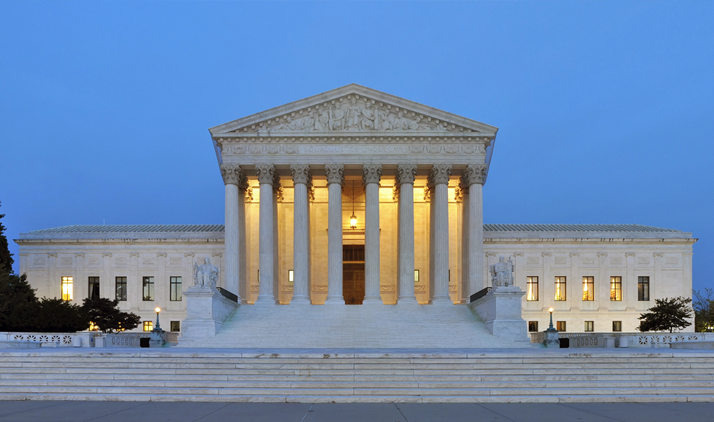
Supreme Court: Employers Can Ban Class-Action Lawsuits

A contentious Supreme Court decision earlier this week has employers and employees taking sides. In a narrow 5-4 ruling, the court ruled that businesses could limit workers’ ability to file class action lawsuits against them. The decision involved three cases where companies required employees to sign arbitration clauses as part of their contracts.
Class or collective actions occur when one party, representing a large group of plaintiffs, files a lawsuit against a defendant. In addition to being more efficient for courts, they are also less costly to plaintiffs than typical one-on-one suits.
Representing the court’s majority position, Justice Neil Gorsuch opined that it wasn’t the Supreme Court’s place to decide whether or not these waivers were lawful. Instead, he argued, it was the legislative branch that could curb their use. “This court is not free to substitute its preferred economic policies for those chosen by the people’s representatives," the President Trump-appointed justice wrote.
Justice Ruth Bader Ginsburg, author of the dissenting opinion, called the decision an “egregious” one, contrary to the spirit of both the Fair Labor Standards Act and National Labor Relations Act. “The edict that employees with wage and hours claims may seek relief only one-by-one does not come from Congress. It is the result of take-it-or-leave-it labor contracts harking back to the type called ‘yellow dog,’” Justice Ginsburg wrote.
That latter term references employment contracts that forbade workers from joining or forming unions. They were outlawed in 1932.
While the ruling has implications covering all areas of employment law, especially wage and hour issues, some observers believe it strikes a particularly strong blow to the #MeToo movement. Sexual harassment victims, if forced to sign arbitration clauses, will be required to file suit as individuals. Because Justice Gorsuch’s opinion deferred action to lawmakers, it’s expected that local and state legislatures will respond with additional protections in the coming months.
The Namely team will continue to follow the rest of the Supreme Court’s labor-relations docket. Readers can subscribe for more updates by clicking here or below.

See how Namely's flexible solution will help you streamline your HR processes by having your people, payroll, and benefits info all in on place.
Get a demoGet the latest news from Namely about HR, Payroll, and Benefits.
Thanks for subscribing!


Get the latest news from Namely about HR, Payroll, and Benefits.
Thanks for subscribing!



